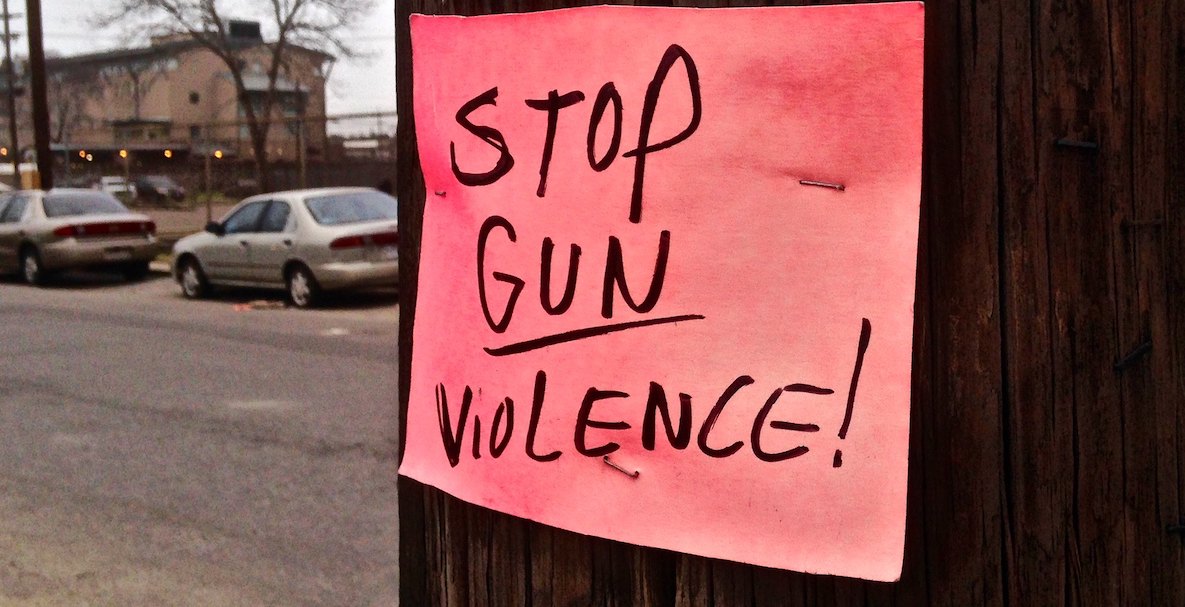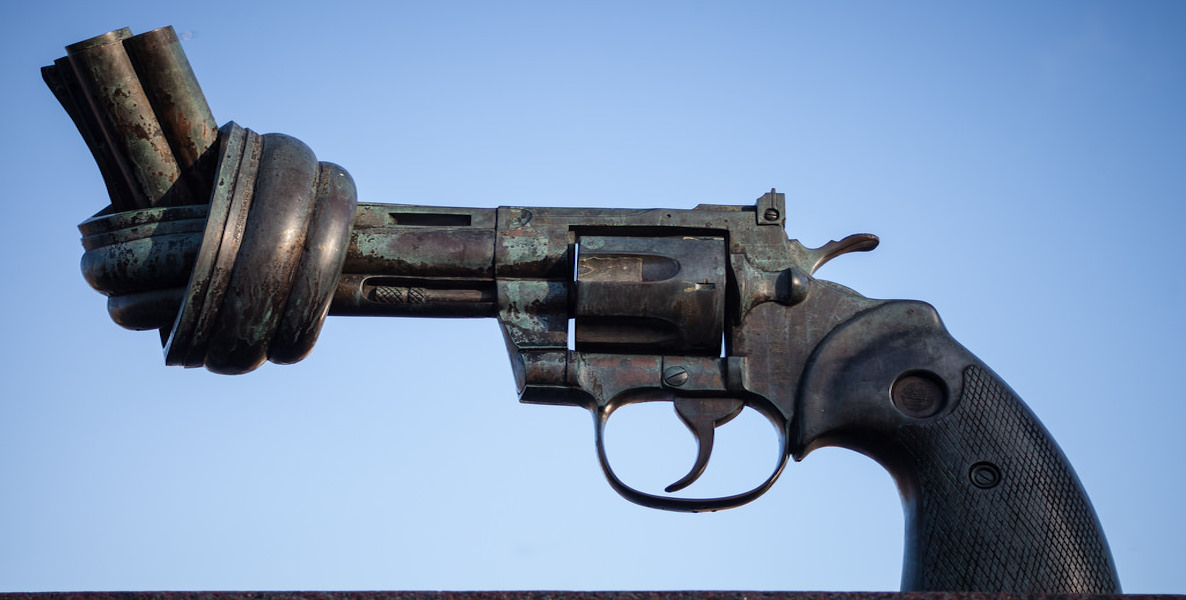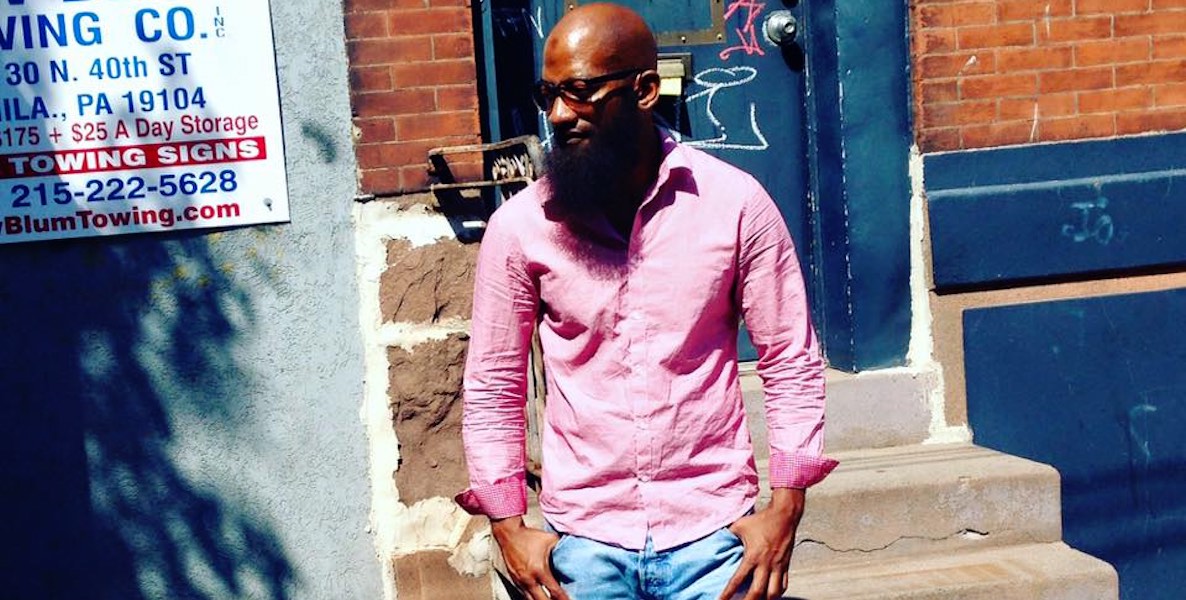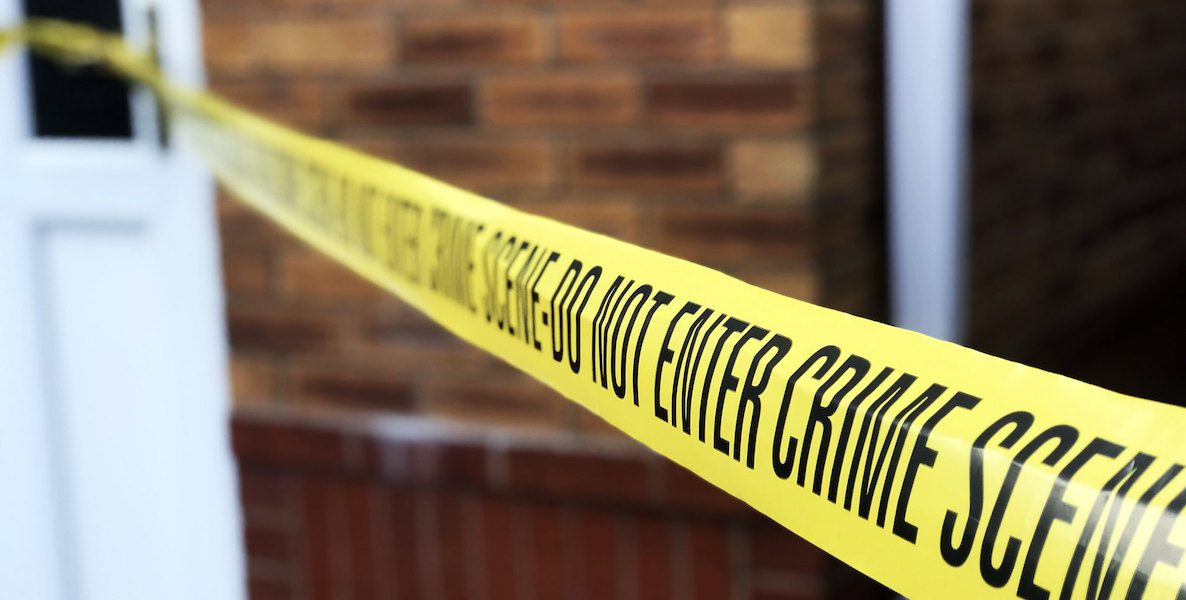The human cost of a murder—not to mention Philadelphia’s nearly 300 murders this year—is incalculable, a moral bankruptcy that is all of our shame.
![]() But what about the financial cost? A new report released on Wednesday by City Controller Rebecca Rhynhart answers that question by looking at home values, and what those mean for the City of Philadelphia. The study, by Nick Hand, the Controller’s director of finance, policy and data, says that within 60 days of just one homicide, the sale price of houses within about 11 blocks goes down an average of 2.3 percent, compared to homes further away.
But what about the financial cost? A new report released on Wednesday by City Controller Rebecca Rhynhart answers that question by looking at home values, and what those mean for the City of Philadelphia. The study, by Nick Hand, the Controller’s director of finance, policy and data, says that within 60 days of just one homicide, the sale price of houses within about 11 blocks goes down an average of 2.3 percent, compared to homes further away.
Put another way: Eliminating a homicide would raise a home’s value by 2.3 percent; cutting our overall homicide rate by 10 percent would amount to $13 million in increased property taxes for the city’s coffers, according to the report. And cutting murders by 10 percent a year for five years would bring in a total of $114 million—money that could be used, in turn, to ramp up violence prevention efforts, invest in neighborhoods and build communities that are able to grow and thrive.
To do that, Rhynhart stresses in the report, requires a wholesale commitment to three evidence-based approaches to gun violence prevention that have worked in places like Oakland, New Orleans, and even parts of Philly:
- Focussed Deterrence (which the report says is now called “Group Violence Intervention”), which reduced homicides in South Philly by 35 percent
- Cure Violence, which cut murders by 30 percent in the neighborhood around Temple University
- Cognitive behavioral therapy
In Oakland, a version of these programs called Oakland Ceasefire reduced the murder rate by 50 percent in seven years.
The report came out after another brutal week of violence in Philadelphia, including the murder over the weekend of a 2-year-old in Kensington and the shooting of an 11-month-old in Hunting Park. Murders in Philly—which boasts the highest rate among the top 10 largest cities—went up 13 percent in 2017 and 12 percent last year. Right now, it’s up another 5 percent, the highest in a decade. It is an epidemic that Rhynhart acknowledges is not about economics alone; but as the City Controller, the financial impact fell within her purview.
“Look, there’s a horrible, devastating human problem, which is gun violence,” she says. “What can I do? I can look at it from a financial lens. If people out there are not pushed and do not feel the need to do something from a human aspect, this is from a financial aspect.”
![]() For the study, “Economic Impact of Gun Violence,” Hand looked at over 4,000 homicides and around 220,000 residential home sales in Philadelphia since 2006.
For the study, “Economic Impact of Gun Violence,” Hand looked at over 4,000 homicides and around 220,000 residential home sales in Philadelphia since 2006.
For each murder, Hand compared nearby home sales 60 days before and 60 days after the shooting. He then looked at price changes in that same time period in areas around 1.5 miles away from the homicide, taking into account other factors—like gentrification—that could affect the price.
Using those four data points led Hand to conclude that home values near a homicide went down an average of 2.3 percent. Hand’s methodology—which he plans to release in open source form on the web for other cities to use—was reviewed by professors from Penn, Temple and the University of Chicago.
Mayor Kenney, who released a violence prevention plan in January has not publicly responded to the report, but Managing Director Brian Abernathy told The Inquirer the administration will soon propose additional city funding to expand intervention programs and to relaunch Focused Deterrence.
The City’s Office of Violence Prevention earlier this year distributed $31.5 million to community groups around the city, though not necessarily ones that will reduce violence in the short-term.
We caught up with Rhynhart after her public announcement to find out what motivated the study, and what comes next.
Roxanne Patel Shepelavy: As city controller, why did you decide to look into Philly’s homicide problem?
Rebecca Rhynhart: The killings that have been going on in Philadelphia have upset me, like so many of us. I took office in January, 2018, and I thought for a while, Well, what role does the City Controller have in that? Then I felt like, I really need to lean in to this because I’m an elected leader. I started to think about what angle we could take to advance the conversation and push action. We thought, Why don’t we look at the economic impact of this?
RPS: Why are home values the way to do that?
RR: It wasn’t my natural thought. Housing values? What? But in conversations in the office, someone said there was a 2012 study from a D.C. think tank [Center for American Progress] around this issue. They looked at all the costs of homicide to society—police, ambulance, the courts, the local government—in eight cities and found that by lowering the homicide rate, the biggest gain to the budget is through rising home values. We thought we could build upon that. When my team started to dig into it in Philadelphia, they started to come back with the numbers and we realized it is big and we don’t think about it that way.
The problem is so great, it needs this sort of all hands on deck approach. I also think there is a role for business and other stakeholders to play, and I’ll be engaging them. The business community should be leaning in on this—everyone should.
RPS: So it’s property tax revenue you’re talking about, not the revenue the City gets from the sale of a house.
RR: No, that’s an important distinction. This isn’t just about, you have to sell your house; it’s about the equity in the home. As people build equity in their homes, they pay more taxes. In the later years of the plan, there is a net benefit that far exceeds the cost of the programs, and some conversation around that has to go to helping people stay in their homes so they can build that wealth. This is not about pushing people out of their houses.
RPS: The report goes beyond just an analysis of the numbers around this issue. It’s a policy proposal. How does that fit with your role as City Controller?
RR: The City Controller’s job is to ensure that the city operates effectively and efficiently, that’s in the Charter. To that end, my office looks at various issues that impact the city’s finances, whether that be the accuracy of property tax assessments, or the tax abatement. We look at what are the issues that are impacting the city’s finances that are also impacting people’s lives, and what are the policy solutions to fix those problems?
Like when we looked at the accuracy—or, lack of accuracy—around the property tax assessment, we proposed and recommended using D.C. as the example because D.C. does a great job of assessing property values and transparency around those assessments, and they don’t have the problem that we have and Chicago/Cook County have where we’re over-assessing the poor neighborhoods. That’s another example of a time when we said, We’re going to look at this issue and almost be a think tank to move the city forward. This, to me, fits into that.
![]() RPS: If people are not moved by the moral argument to solve this, why would they be moved by the financial argument?
RPS: If people are not moved by the moral argument to solve this, why would they be moved by the financial argument?
RR: I think that they can be used together. It’s another tool: For those who say we can’t put more money into this—well, actually, it pays for itself if you do it right. Part of the reason that I really wanted to do is that it contains cities and practices that work: There is an answer out there, and we need to care.
RPS: Part of the reason Oakland Ceasefire happened at all was that there were a lot of community activists who pushed for it. There doesn’t seem to be a community groundswell behind a particular solution here in Philly.
RR: I’ve had some really good conversations. Some members of the Black Clergy were here for the announcement—Rev. Jay Broadnax, who is head of the Black Clergy, and Rev. Mark Tyler from Mother Bethel A.M.E. Church, who’s actually from Oakland and knows the people who did it there—and there were several community activists. One of those community activists is bringing 15 people here next week to all get prepped up on the plan, and then figure out what the next steps are in terms of community mobilization. They planned it out there in front of the building.
It’s one of my goals to say, Here is a toolbox to go out and push and have everyone push for it. The next steps are to make sure that people are engaged, and this engagement grows and that we are pushing for this to occur and we figure out how to mobilize on this. I don’t know exactly what that mobilization is going to look like, but I do know it’s going to happen. The problem is so great, it needs this sort of all hands on deck approach. I also think there is a role for business and other stakeholders to play, and I’ll be engaging them. The business community should be leaning in on this—everyone should.
Look, there’s a horrible, devastating human problem, which is gun violence. What can I do? I can look at it from a financial lens. If people out there are not pushed and do not feel the need to do something from a human aspect, this is from a financial aspect.
RPS: In Oakland, Ceasefire failed twice because people weren’t fully committed to it. It only worked when everyone was on board—the Mayor, the County Attorney, the Police. Does it feel like there is the will to do this in Philly?
RR: Anything you do at the city that requires coordination among departments and agencies requires a huge lift. I can’t say that, as we speak, I’m confident we’re on the same page. But I’m just releasing this today and I want to see a little bit where it goes and what steps we need to take to make sure that everyone is lined up and on board and going to do this right so that people don’t keep dying. I don’t feel it right now—but I don’t want that to be the takeaway either because I think that’s something to work towards.
Sen. Williams said something interesting today: Everyone has a role to play, and that role can be for the community to convince the mayor to do this. That’s an interesting way to look at this. It’s up to all of us. I’m hopeful.
RPS: Do we need money from the state, or can this be done locally?
RR: Look, if the state wants to do something to help I’m not going to say no. This is largely what we can do at the city level. I’m not focused on asking for funds, but saying, I want to hear a commitment to do these programs and do it well, the way these other places have done it. Once you have the commitment and the intensity and the drive, then you can ask where you’re pulling the money from. You have to have that commitment first.
RPS: You have been very deliberate about separating anti-violence from anti-poverty. Is that your way of answering a potential argument that fighting poverty is really the way to move the city forward?
RR: I separate it only because often people say we’re working on violence because we’re working on anti-poverty. I believe we need to do both. But fighting poverty through jobs programs and beefing up the school system and these things are not going to stop murders tomorrow or six months from now. There needs to be a separate anti-violence plan. I don’t think it’s okay to just say, We’re doing anti-poverty and eventually it will work to cut violence. There’s a whole conversation going on around the opioid crisis, too. We wouldn’t be having any conversation about Safe House if people didn’t think there was some benefit to keeping people alive. That’s what we’re talking about.
What could our city be? Think about it: If we could get our homicide rate down, not only would that be amazing to people, but from a financial angle that also could be really transformative: It could free up the budget, it could allow us to invest, it could bring the whole city forward. I mean I know that sounds idealistic, but it’s possible.
Photo by Matt Popovich / Unsplash








